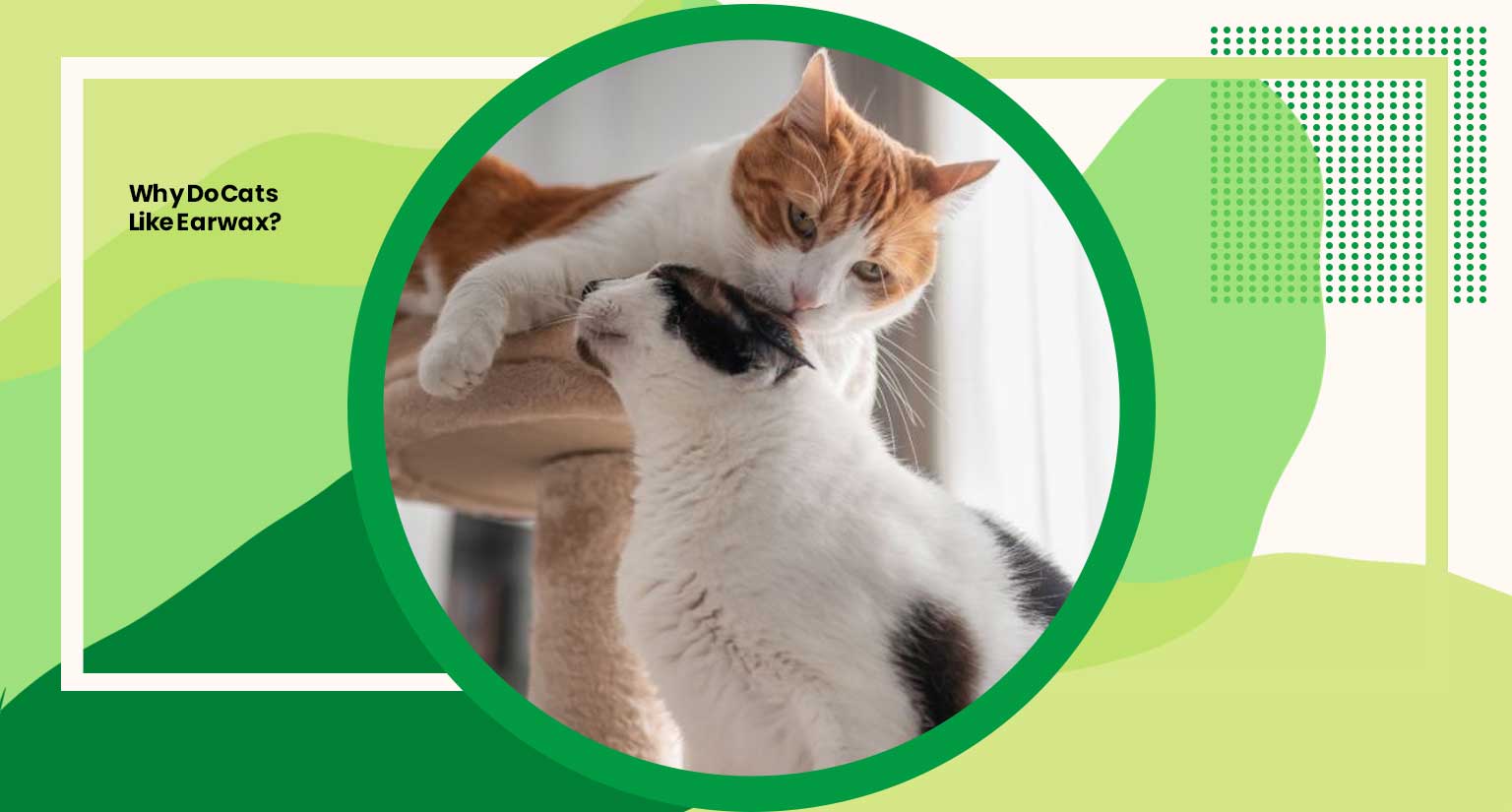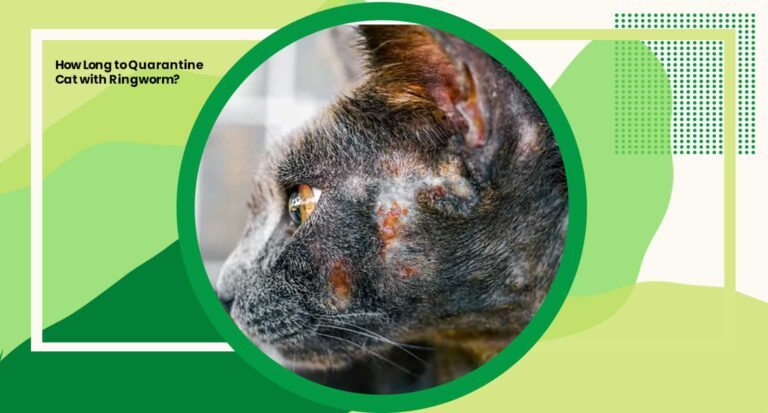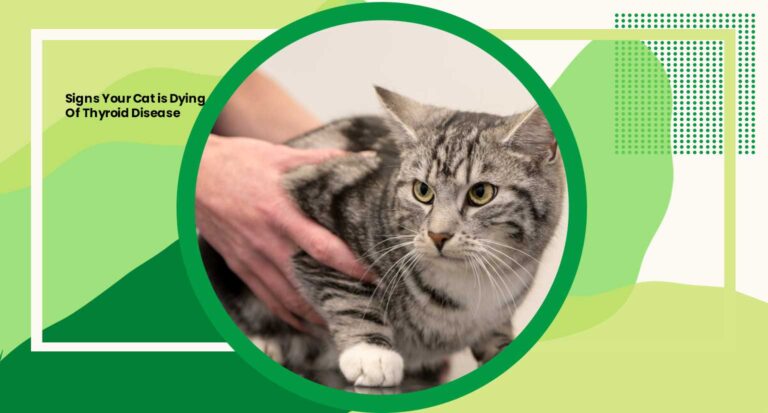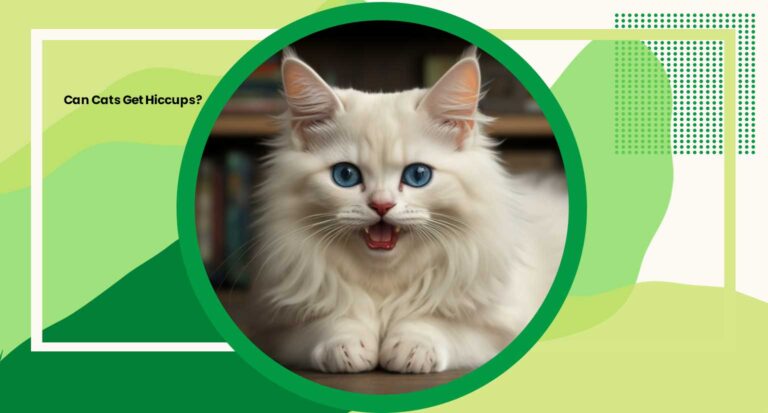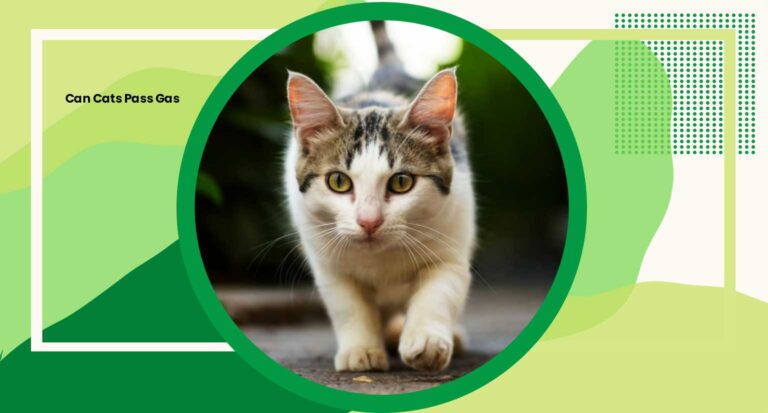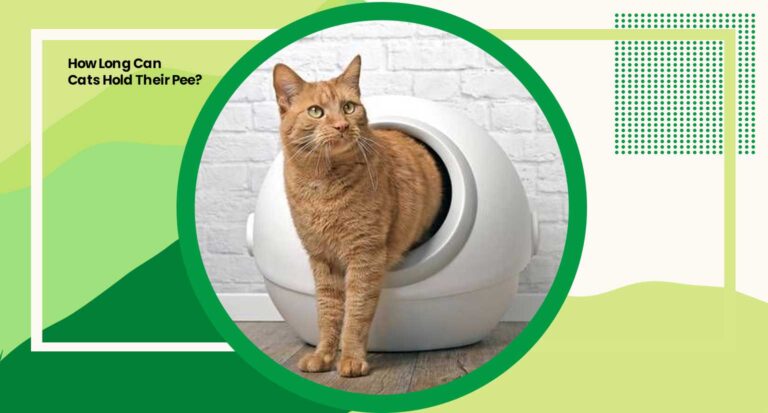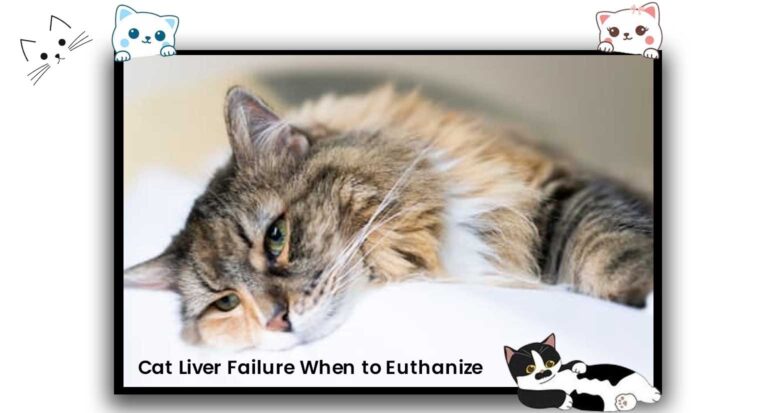Why Do Cats Like Earwax?
Cats are known for their curious behavior and peculiar interests. One such mystery that often leaves pet owners intrigued is, Why do cats like earwax?
Delving into this feline fascination unveils a curious aspect of their behavior that deserves a closer look. Let’s explore the reasons behind this peculiar preference and gain insights into our feline friends’ intriguing world.
Why is my cat obsessed with earwax?
Understanding the reasons behind a cat’s obsession with earwax involves unraveling various factors that contribute to this peculiar behavior.
From their innate grooming instincts to sensory exploration, several explanations shed light on why your cat might exhibit an undeniable fascination with earwax. Let’s delve into these reasons to grasp the allure behind this seemingly unusual preference.
Grooming Instinct
Cats, renowned for their cleanliness, exhibit an innate grooming instinct that extends to meticulous ear care. Earwax, while unappealing to humans, holds a unique odor and texture to felines.
During grooming sessions, cats might perceive earwax as an extension of their scent profile and natural oils, thus considering it a part of their hygiene routine.
This behavior could stem from their instinctual drive to maintain their personal scent and cleanliness, akin to how they groom their fur.
Sensory Exploration
Cats rely heavily on their senses, particularly smell and taste, to comprehend their surroundings. Earwax might present an unusual scent or taste that intrigues them. This curiosity prompts cats to investigate and engage with the substance.
The unique composition of earwax, containing traces of dead skin cells, oils, and other elements, might evoke a sensory response in cats, leading to their interest in exploring or consuming it.
Health-Related Behavior
Occasionally, a cat’s fascination with earwax could indicate underlying health issues. Cats experiencing ear infections or discomfort might attempt to alleviate their discomfort by attempting to clean their ears.
Excessive scratching or attention to the ears, including a heightened interest in earwax, could be indicative of an ear problem. Consulting a veterinarian is crucial to rule out any potential health concerns or underlying issues causing this behavior.
Understanding these facets aids in comprehending a cat’s behavior toward earwax, illuminating both instinctual and potential health-related motivations behind this unique feline fascination.
Is Earwax Smell Good for Cats?
The perception of scent, particularly that of earwax, varies between humans and our feline companions. While humans typically find the smell of earwax unpleasant, cats possess a vastly different olfactory system that perceives scents in a unique way.
To a cat, the smell of earwax might hold intriguing nuances due to their heightened sensitivity to odors. Understanding whether this scent is considered ‘good’ for cats involves deciphering their distinct olfactory preferences and how they interpret different smells in their environment.
Olfactory Perception
Cats possess a highly developed sense of smell, far superior to humans. Their olfactory receptors enable them to discern a multitude of scents in intricate detail.
What might be considered unpleasant to humans might have a different allure to cats due to their unique olfactory system. Earwax, with its distinct odor, might elicit a response in cats that differs from our perception.
Varied Responses to Scent
Cats may exhibit differing responses to the smell of earwax. While some cats might show interest or attraction to the scent, others might not display any particular fascination.
Factors such as a cat’s individual preferences, previous experiences, and overall health can influence their reaction to different odors, including the smell of earwax.
Importance of Observation
Observing a cat’s behavior when exposed to earwax smell can provide insights into their perception of the scent. Their reactions, whether showing curiosity, indifference, or aversion, can offer clues about their sensory preferences.
However, it’s essential to note that while a cat might exhibit interest in the smell of earwax, it doesn’t necessarily imply that it’s ‘good’ for them.
Consulting with a veterinarian for comprehensive guidance on a cat’s olfactory preferences and health-related concerns is crucial for their well-being.
Why Do Pets Like Ear Wax?
The fascination that pets, especially cats, display towards earwax can be intriguing. This peculiar interest often stems from a combination of their grooming instincts, sensory exploration, and the unique composition of earwax.
Delving into these aspects offers valuable insights into why pets might exhibit a seemingly curious preference for earwax.
Pets, especially our feline friends, are meticulous groomers. Their instinctive grooming behavior isn’t limited to fur alone—it extends to their ears. Earwax, although unappealing to humans, becomes a part of their self-care routine.
Pets may view it as an extension of their natural scent or oils, contributing to their grooming fascination. Understanding this grooming ritual unveils one layer of the mystery behind their interest in earwax.
Sensory Allure
Pets experience the world through heightened senses, and earwax offers a unique sensory experience. The distinctive scent and taste of earwax may captivate their curiosity.
As they explore their environment, the composition of earwax becomes a novel element that prompts them to investigate further.
Appreciating the sensory allure helps decipher the attraction pets have towards this seemingly unconventional substance.
Indicators of Health
Surprisingly, a pet’s interest in earwax might signal underlying health considerations. Pets could be drawn to earwax as a response to ear infections or discomfort.
Their attempt to engage with it might be a form of self-medication or an effort to address issues in their ears. Observing their behavior and, if needed, consulting with a veterinarian ensures that potential health concerns are addressed promptly.
Two Reasons Cats Intake Earwax
Exploring a cat’s tendency to ingest earwax unveils intriguing insights into their behavior. This behavior, often puzzling to pet owners, can typically be attributed to a combination of grooming habits and sensory fascination.
Delving into these reasons provides a clearer understanding of why cats might exhibit this unique behavior towards earwax.
Unintentional Ingestion
During their meticulous grooming sessions, cats meticulously clean their ears, inadvertently ingesting small amounts of earwax. The act of grooming involves licking and nibbling various areas, and earwax might be inadvertently consumed in the process.
This unintentional ingestion is more a consequence of their grooming routine rather than a deliberate attempt to consume earwax.
Exploratory Behavior
Cats, naturally curious creatures, explore their environment through taste and scent. The unique odor or flavor of earwax could intrigue them, leading to investigative behaviors like licking or even ingesting small quantities.
Their exploration is driven by curiosity rather than a specific nutritional need, highlighting their innate tendency to investigate unfamiliar scents and tastes in their surroundings.
Behavioral Routine and Comfort
Cats find comfort in their grooming rituals, which extend to their ears as a vital part of self-maintenance. While grooming, cats tend to nibble and clean their ears with their tongues.
This routine becomes a comforting and habitual behavior, where the ingestion of earwax might not even be a conscious action but rather a natural extension of their self-grooming process.
The act of cleaning their ears provides a sense of comfort and well-being, inadvertently resulting in the ingestion of earwax.
Nutritional Attraction
While not a primary source of nutrition, earwax might contain trace elements or compounds that could attract a cat’s interest.
Cats, known for their dietary selectivity, might occasionally explore substances, including earwax, if it contains components they find palatable or appealing.
However, this attraction is likely secondary and more associated with the curiosity-driven nature of cats than a deliberate nutritional need.
Showcasing their grooming routines and the innate curiosity that drives their interactions with their environment.
How to Stop Your Cat from Getting into the Earwax?
Addressing and modifying your cat’s behavior to prevent them from getting into earwax involves a combination of strategic measures and understanding their tendencies.
Implementing the right techniques can help redirect their curiosity and ensure a healthier and more controlled environment for both you and your feline companion.
Create Distraction Zones
Designate specific areas or provide alternative objects and toys to redirect your cat’s attention away from earwax.
Establishing distraction zones with engaging toys or scratching posts can channel their curiosity and energy, steering them away from potentially harmful behaviors.
Secure Ear Cleaning Products
Store ear cleaning products securely to limit your cat’s access. Opt for closed cabinets or storage containers to ensure that items like earwax removal solutions are safely out of reach.
Restricting access reduces the chances of accidental ingestion and keeps potentially harmful substances away from your cat.
Introduce Bitter Deterrents
Utilize bitter-tasting deterrents on objects associated with earwax to discourage your cat from approaching.
Many pet-friendly bitter sprays are available that can be applied to cords, ear cleaning materials, or any specific items attracting your cat’s interest. The unpleasant taste serves as a deterrent, steering them away from these objects.
Regular Vet Check-ups
Schedule regular veterinary check-ups to ensure your cat’s behavior isn’t linked to any underlying health issues. Excessive interest in earwax could sometimes indicate discomfort or health concerns.
A vet can rule out any medical causes and provide guidance on behavioral modifications tailored to your cat’s specific needs.
Implementing these strategies can help create a safer and more controlled environment, minimizing the chances of your cat getting into earwax and promoting their overall well-being.
Conclusion
As pet owners, recognizing the various facets behind a cat’s interest in earwax allows for a more informed approach to their care.
Whether addressing grooming habits, providing alternative stimuli, or ensuring regular veterinary check-ups, proactive measures can be taken to manage this behavior and promote the well-being of our feline companions.
The allure of earwax for cats remains a blend of instinctual tendencies, sensory exploration, and, at times, a signal of underlying health considerations.
By unraveling this mystery, we gain deeper insights into the fascinating world of our feline friends and can better cater to their unique needs and behaviors.

